Пояснительная записка
Внеклассная работа по иностранному языку имеет большое общеобразовательное, воспитательное и развивающее значение. Эта работа не только углубляет и расширяет знание иностранного языка, но и способствует также расширению культурного кругозора, эрудиции учащихся училища, развитию их творческой активности, духовно-нравственной сферы, эстетических вкусов и, как следствие, повышает мотивацию к изучению языка и культуры другой страны и сквозь призму этих знаний более активно осваивать культуру своей страны.
Мною разработано внеклассное мероприятие по английскому языку «Поэзия британских писателей сквозь века» для учащихся 9 класса с целью повышения интереса и мотивации учащихся к обучению, активизации познавательной деятельности, как на уроках, так и во внеурочной деятельности. Данный литературный вечер способствует развитию эмоциональной и интеллектуальной сферы учащихся; приобщению учащихся к литературному наследию стран изучаемого языка, воспитанию терпимости к иным культурам, повышению интереса к предметам “мировая литература”, “английский язык”. Учащимся предлагается подготовить доклады о жизни и творчестве британских поэтов: Роберта Бернса, Уильяма Шекспира, Джорджа Гордона Байрона, Алана Милна, Редьярда Киплинга, Роберта Льюиса Стивенсона. Также учащиеся декламируют наиболее яркие образцы поэзий британских писателей на языке оригинала и в переводе.
Литературный вечер сопровождается наглядным материалом в форме мультимедийной презентацией, музыкальными композициями и видео, на котором известный английский актер Стивен Фрай декламирует сонет У. Шекспира.
Мероприятие приурочено ко Всемирному дню поэзии, который отмечается 21 марта.
Мероприятие лучше проводить во внеурочное время, дав возможность учащимся отдохнуть от классических уроков, место проведения – библиотека, оформленная в литературную гостиную.
Тема мероприятия: «Поэзия британских писателей сквозь века».
Форма проведения – литературный вечер.
Задачи:
Образовательные: познакомить учащихся с творчеством английских поэтов;
Развивающие: развитие эмоциональной и интеллектуальной сферы учащихся; развитие активного, осознанного восприятия учащимися образцов британской поэзии, развитие образно-художественного, ассоциативного мышления;
Воспитательные: приобщение учащихся к литературному наследию стран изучаемого языка, воспитание терпимости к иной цивилизации, повышение интереса к предметам “русская литература”, “английский язык”.
Оборудование: компьютерная презентация, мультимедийная установка, видеозапись «Сонет 130».
Мероприятие проводится в 3 этапа:
оргмомент
основная часть
заключительный этап
Оргмомент настроил учащихся на работу: учитель представляет тему, цели мероприятия, предлагает учащимся назвать английские пословицы, связанные с литературой и подобрать их русские эквиваленты.
Основная часть включает моменты:
выходят учащиеся, которые представляют британских поэтов, рассказывают немного о себе, называют свои произведения – остальные учащиеся пытаются угадать, о ком идет речь
учащимся предлагается рассказать подробно о знаменитых поэтах Британии, прочитать их стихи и творческие переводы.
Заключительный этап
Рефлексия
Ход внеклассного мероприятия
1.Оргмомент.Good morning children and dear guests. Today I invite you to our poetic party.Слайд 1 It is almost impossible to imagine our life without books. Do you agree? As for me, I am captivated by the poetry.
2. Мотивация
So today we are going to speak about some excellent examples of the British poetry. But first of all let`s revise some proverbs about literature. You have the beginings of the proverbs, try to find the endings, please. Слайд 2
Bad books are worse than useless – They are harmful.
There is no friend – So faithful as a good book.
Choose the author- As you choose a friend.
We are – What we read.
Tell me what you read – And I will tell you what you are.
Don’t judge a book – By its cover.
3 . Основная часть
Game “Guess who?”
Now let`s invite our guests - famous British poets, they will tell you some facts about their life and their poems. And you try to guess – who they are. Let`s begin.
P1- I was born in 1850 in Edinburgh, Scotland. I wrote such books as “Treasure Island» (You are Robert Louis Stevenson.) Слайд 3
P2- I was born in 1865 in India. The parents gave me a strange name- that was the name of the lake. “The Jungle book” was written by me. (You are Rudyard Kipling.) Слайд 4
P3- I was born in London in 1882. In 1903 I started to write essays and poems, they were published in the satirical magazine “Punch”. I wrote favourite children’s book “Winnie the Pooh” (You are Alan Alexander Milne.) Слайд 5
Other writers became famous mainly thanks to their poetic works, not prose. So guess who they are, listen some information about them and enjoy some of their poems and the interpretations.
P4- I was born on or about April, the 23 1564, in Stratford- on Avon. I was an actor, a poet, and a writer of drama. (You are W. Shakespeare.) Слайд 6
P1. Biography of W. Shakespeare. Слайд 7
William Shakespeare was called the Bard of Avon. He is the synonym of poetry. He is the most performed dramatist. Shakespeare was born in 1564.
In 1594 he worked at a theater company. It later became the Royal Company. He was a playwright and an actor.
Shakespeare died in 1616 on the day of his birthday at Stratford- upon – Avon. He was buried at the Holy Trinity Church in Stratford- upon – Avon. He wrote 154 sonnets.
P2. Sonnet 130 Слайд 8
Шекспир. Сонет 130
Ее глаза на звезды не похожи
Нельзя уста кораллами назвать,
Не белоснежна плеч открытых кожа,
И черной проволокой вьется прядь.
С дамасской розой, алой или белой,
Нельзя сравнить оттенок этих щек.
А тело пахнет так, как пахнет тело,
Не как фиалки нежный лепесток.
Ты не найдешь в ней совершенных линий,
Особенного света на челе.
Не знаю я, как шествуют богини,
Но милая ступает по земле.
И все ж она уступит тем едва ли,
Кого в сравненьях пышных оболгали.
Перевод С.Маршака
My mistress' eyes are nothing like the sun;
Coral is far more red than her lips' red;
If snow be white; why then her breasts are dun;
If hairs be wires, black wires grow on her head.
I have seen roses damasked, red and white,
But no such roses see I in her cheeks,
And in some perfumes is there more delight Than in the breath that from my mistress reeks.
I love to hear her speak, yet well I know
That music hath a far more pleasing sound;
I grant I never saw a goddess go –
My mistress when she walks treads on the ground.
And yet, by heaven, I think my love as rare
As any she belied with false compare.
P5- I am a great English poet. I was born in 1788 in an old aristocratic family. The poem “Child Harold s Pilgrimage” made me famous in 1812. (You are George Gordon Byron.) Слайд 9
P1. Biography of George Gordon Byron Слайд 10
Lord George Gordon Byron (1788-1824) was as famous in his lifetime for his personality cult as for his poetry. He created the concept of the 'Byronic hero' - a defiant, melancholy young man, brooding on some mysterious, unforgivable event in his past. Byron's influence on European poetry, music, novel, opera, and painting has been immense, although the poet was widely condemned on moral grounds by his contemporaries.
George Gordon, Lord Byron, was the son of Captain John Byron, and Catherine Gordon. Byron spent his early childhood years in poor surroundings in Aberdeen, where he was educated until he was ten. After he inherited the title and property of his great-uncle in 1798, he went on to Dulwich, Harrow, and Cambridge.
P2. Poem “Twilight” Слайд11
Twilight
It is the hour when from the boughs
The nightingale’s high note is heard.
It is the hour when lovers’ vows
Seem sweet in every whisper’d word.
And gentle winds and waters near
Make music to the lonely ear.
Each flower the dews have lightly wet,
And in the sky the stars are met:
And on the wave is deeper blue,
And on the leaf a browner hue,
And in the Heaven, that clear obscure
So softly dark and darkly pure,
That follows the decline of day
As twilight melts beneath the moon away.
Сумерки
И вот он, тот час, когда между ветвей,
Причудливо песнь ведёт соловей;
Тот час, когда нежною страстью полны
Беззвучно-прекрасные клятвы любви;
И уши, не знавшие музыки снов,
Ласкает плеск волн, шёпот вечных ветров;
Жемчужные капли росы на цветах –
Как зеркало звёзд, что сошлись в небесах;
И полнит течение волн синева,
И кружит над ним бурым вихрем листва,
А там, в Небесах, свет смешался со тьмой –
И тени смягчились его чистотой;
Закатная грань делит ночи и дни,
И плавятся сумерки в свете Луны.
P6- I am a great Scottish poet. I was born on the 25 of January in 1759 in Edinburgh to a farming family. The song “Auld Lang Syne” is very popular in Scotland. (You are Robert Burns.) Слайд 12
P1. Biography of Robert Burns Слайд 13
Born in Alloway, Scotland, on January 25, 1759, Robert Burns was the first of William and Agnes Burnes’ seven children. His father, a tenant farmer, educated his children at home. Burns also attended one year of mathematics schooling and, between 1765 and 1768, he attended an “adventure” school established by his father. At the age of fifteen, he fell in love and shortly thereafter he wrote his first poem. Most of Burns’ poems were written in Scots. They document and celebrate traditional Scottish culture, expressions of farm life, and class and religious distinctions. Burns wrote in a variety of forms: epistles to friends, ballads, and songs. Even today, he is often referred to as the National Bard of Scotland.
P2. Poem “ a red, red rose ” Слайд 14
a red, red rose
O, my Love’s like a red, red rose
That’s newly sprung in June:
O, my Love’s like a melody
that’s sweetly played in tune.
As fair art thou, my bonnie lass,
So deep in love am I:
And I will love thee still, my dear,
Till all the seas gang dry:
Till all the seas gang dry, my dear,
And the rocks melt with the sun;
I will love thee still, my dear,
While the sands of life shall run.
And fare thee well, my only Love!
And fare thee well a while!
And I will come again, my Love,
though it were ten thousand mile.
Любовь моя, как роза красная
Любовь моя, как роза красная,
Цветёт в моём саду.
Любовь моя – как песенка,
С которой в путь иду.
Сильнее красоты твоей
Моя любовь одна.
Она с тобой пока моря
Не высохнут до дна.
Не высохнут моря, мой друг,
Не рушится гранит,
Не остановится песок,
А он, как жизнь, бежит.
Будь счастлива, любовь моя.
Прощай и не грусти.
Вернусь к тебе, хоть целый свет
Пришлось бы мне пройти.
перевод С. Маршака
4 . Заключительный этап.
Игра «Собери слово»
Поэзия
Жизнь
Не в одних стихах поэзия: она разлита везде, она вокруг нас. Взгляните на эти деревья, на это небо — отовсюду веет красотой и жизнью, а где красота и жизнь, там и поэзия.
Тургенев И. С Слайд 15
Мы желаем Вам, чтобы поэзия всегда была частью Вашей жизни, помогала вам в жизни, наставляла и вдохновляла.
5 . Рефлексия
Now thank you very much for your participation in our party. Did you enjoy our festive event? Слайд 16
6

 Получите свидетельство
Получите свидетельство Вход
Вход




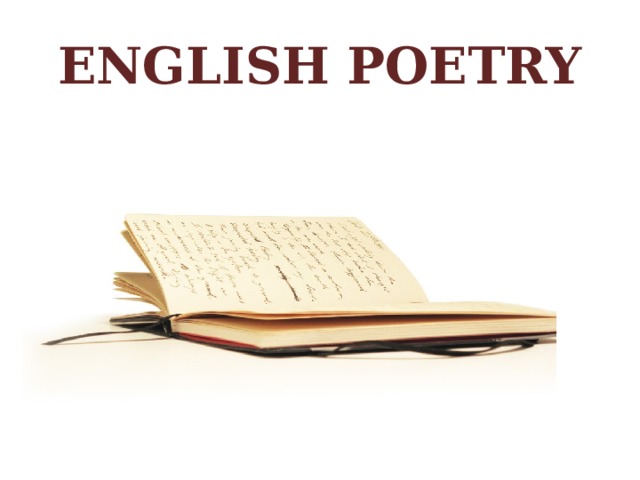
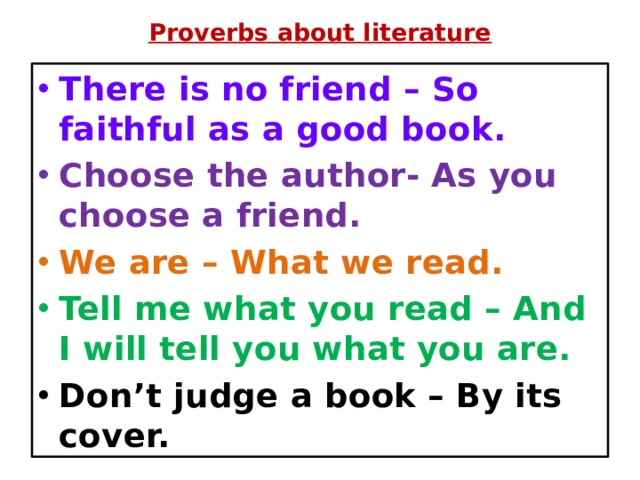
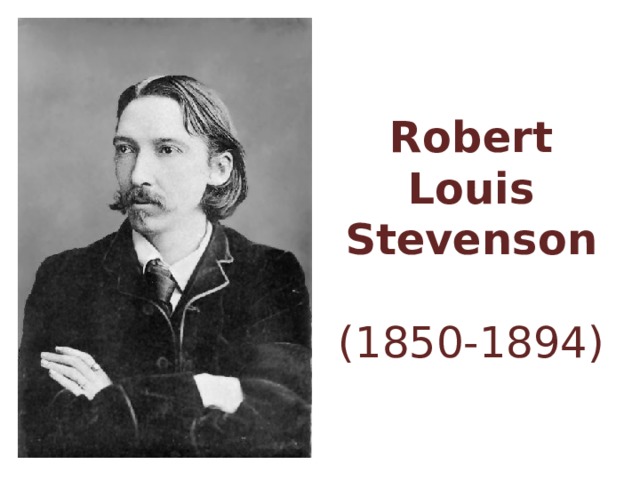
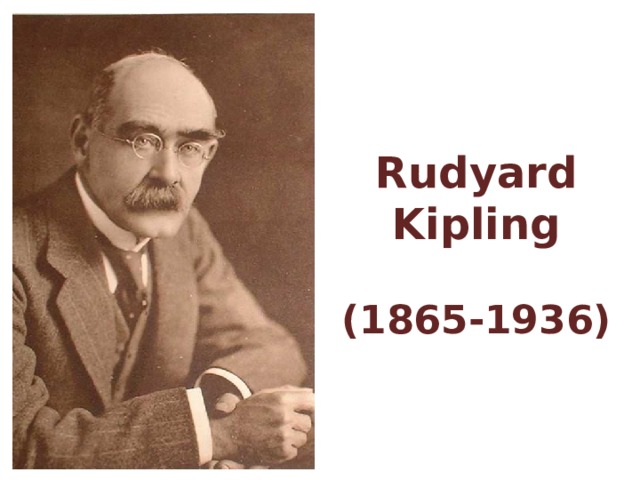
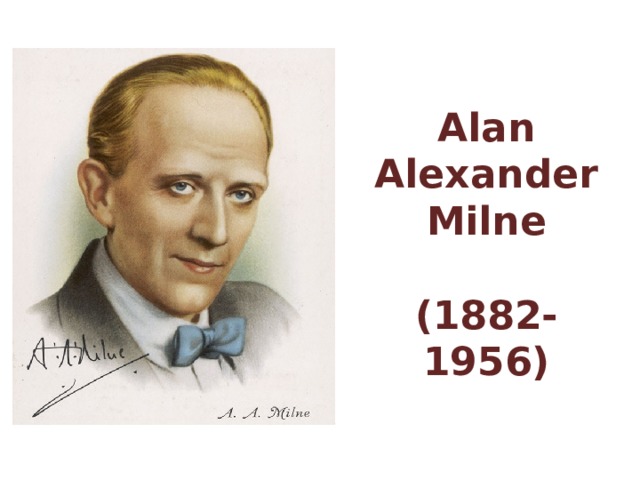
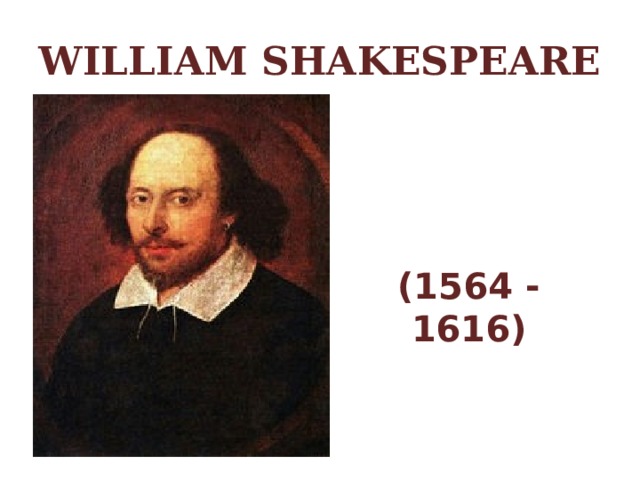
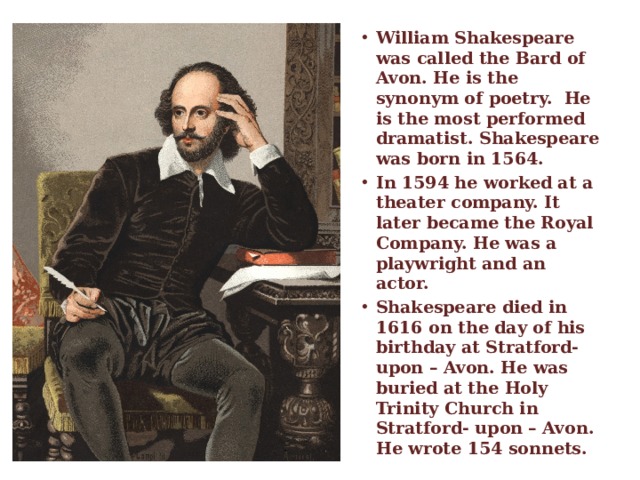
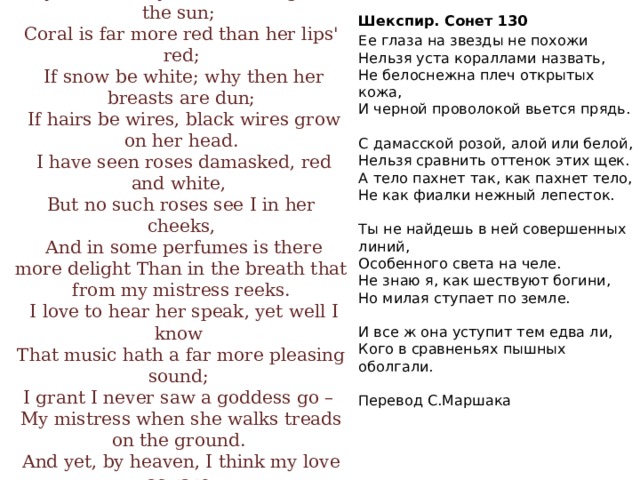
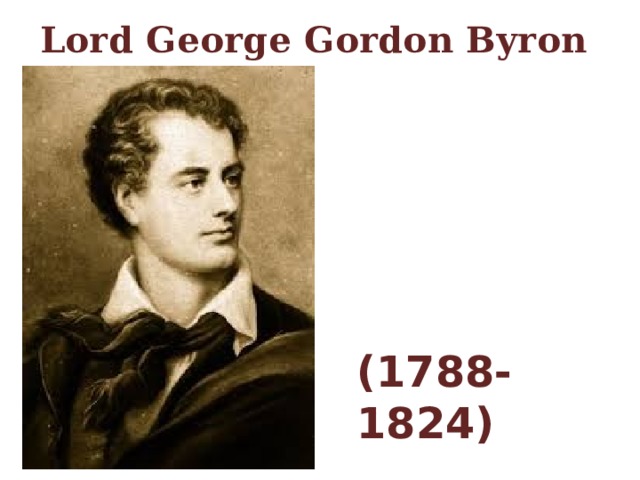
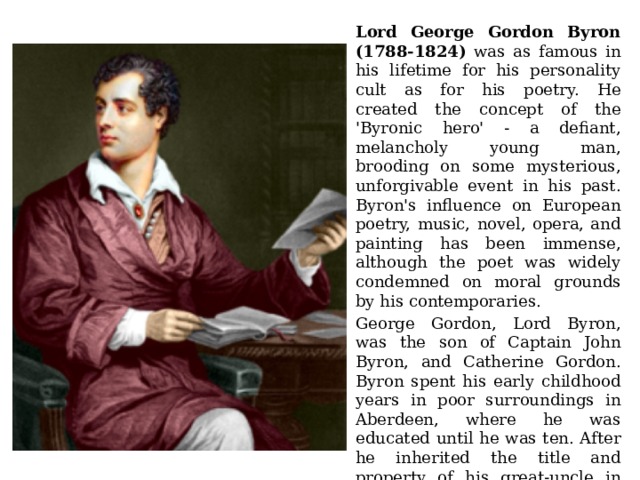
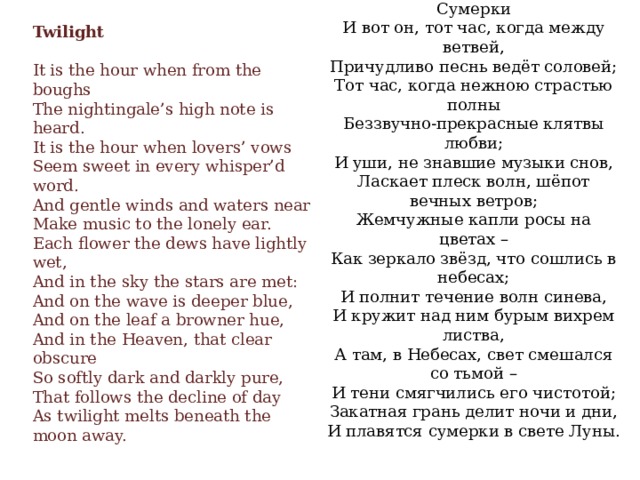
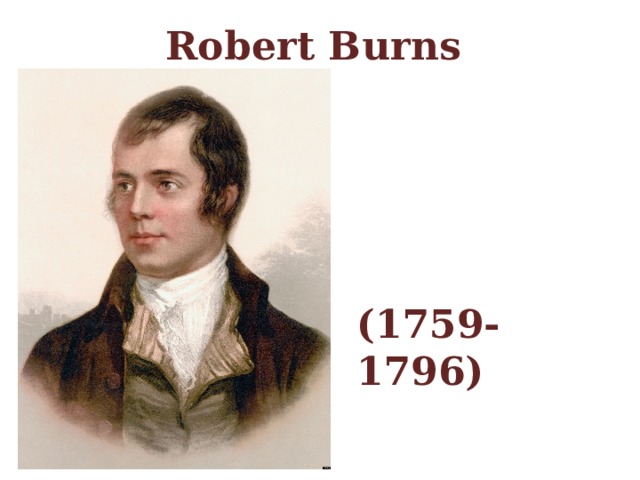
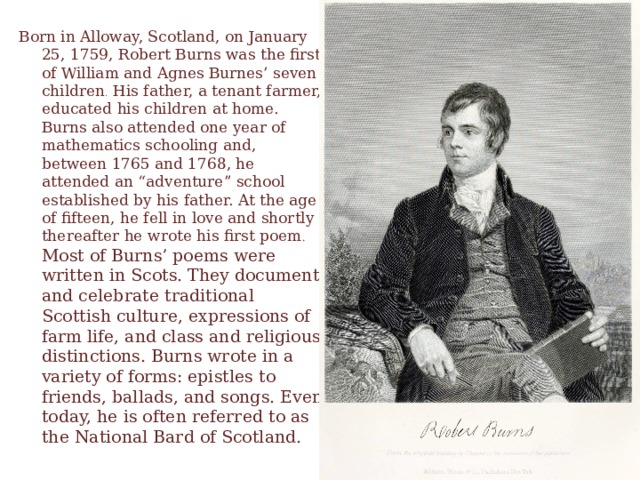
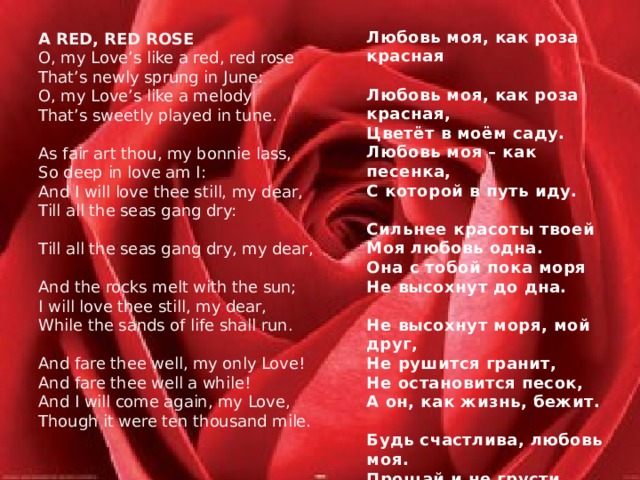
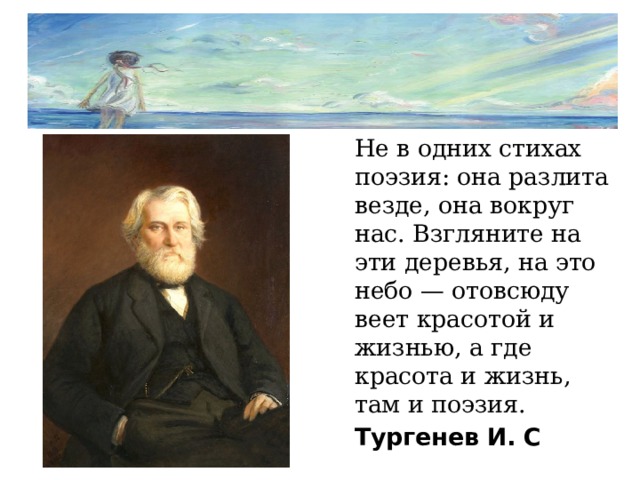










 Поэзия британских писателей сквозь века (5.88 MB)
Поэзия британских писателей сквозь века (5.88 MB)
 0
0 211
211 13
13 Нравится
0
Нравится
0


